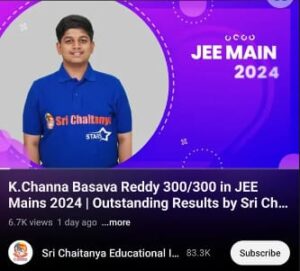NCERT Rolls Out Holistic Progress Card: Student Performance Evaluated with Input from Parents and Classmates

Instead of traditional year-end exams, the National Council of Education Research and Training’s (NCERT) standard-setting body PARAKH has developed a Holistic Progress Card (HPC). By using this method, PARAKH aims to monitor student’s creativity, problem-solving skills, interpersonal skills, and self-awareness. HPC will evaluate students’ performance based on feedback from parents, classmates and even self-evaluation.
This action aligns with the National Curriculum Framework for School Education’s (NCFSE), which calls for a more learner-centric approach.
The HCP has been implemented in accordance with the National Education Policy (NEP) as a way to help students towards self-development.
With students taking an active role in the evaluation process, PARAKH has created a descriptive form. Numerous learning-related factors, such as a range of abilities and competences, will be taken into account while evaluating them.
Classes 1 and 2 are the foundational stage; Classes 3 to 5 are the stage of preparation; and Classes 6 to 8 are the middle stage, for which the HPC has been built. The organisation is currently getting ready to create an assessment plan akin to this one for the secondary stage as well. The HPC will assess how the students perform using input from parents, peers, and the assessments given by the students.
Following the success of pilot studies, the NCERT has instructed states and union territories to adopt the HPC in accordance with their contextual requirements.









